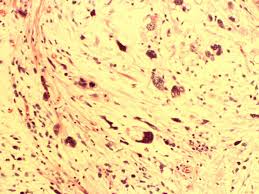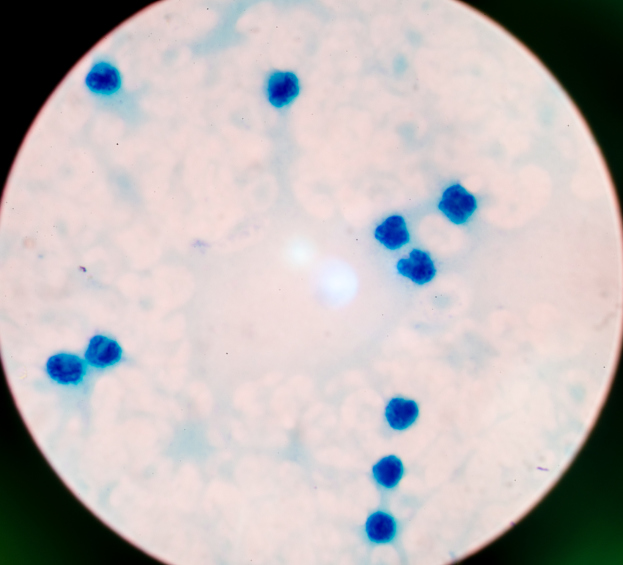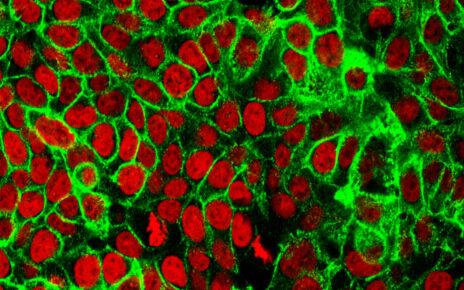Analysts as of late utilized cutting edge sequencing information to portray the scene of neoantigens in 184 patients with various myeloma (MM) and effectively approved the utilization of neoantigen-explicit T cells in patients with MM. The examination, which was distributed in Clinical Cancer Research, is the first to tentatively figure out which neoantigens can incite the insusceptible framework into perceiving and slaughtering malignancy cells in patients with MM.
The examination included 92 patients with backslid/obstinate MM who had backslid following in any event 5 lines of treatment, including autologous foundational microorganism transplantation (ASCT). The analysts removed DNA and RNA from arranged CD138+ cells from bone marrow suctions. The group found shared neoantigens in 3 MM oncogenic driver qualities (KRAS, NRAS, and IRF4) over various patients. Moreover, they approved “a change inferred neoantigen-explicit T-cell acknowledgment and initiation related with clinical reaction in MM.”
Samir Parekh, MD, of the Icahn School of Medicine at Mount Sinai in New York, New York, noticed that tumor neoantigens speak to astounding focuses for immunotherapy in light of their specific articulation in malignant growth tissue. As of recently, they clarified in a meeting with Hematology Advisor, there has been no immediate proof that DNA transformations actuate neoantigen-specific T-cell reactions following immunotherapy in MM.
Hans Lee, MD, of MD Anderson Cancer Center in Houston, Texas, remarked this is a significant examination since it shows verification of idea that neoantigens can be recognized through cutting edge sequencing in tumor tests from patients with myeloma. Much more significantly, the investigation exhibited immunogenic T-cell reactions and clonal development can be connected to a portion of these particular neoantigens in patients with myeloma reacting to immunotherapeutic methodologies.
“This investigation gives a solid preclinical method of reasoning to seeking after customized neoantigen antibody moves toward that can be made dependent on an individual patient’s tumor transformation profile,” Dr Lee disclosed to Hematology Advisor.
“Customized neoantigen antibody approaches might be especially alluring because of low harmfulness in myeloma antecedent states, for example, monoclonal gammopathy of unsure importance (MGUS) and seething myeloma, as is being examined in a progressing learn at MD Anderson Cancer Center (ClinicalTrials.gov Identifier: NCT03631043).”
they included that these pilot clinical investigations should exhibit that neoantigen immunizations can evoke immunogenic reactions and, all the more significantly, show adequacy with satisfactory poisonous quality.
Regarding future utilizations of this antibody, Sandip Patel, MD, of the University of California San Diego, and delegate executive of the San Diego Center for Precision Immunotherapy, said an immunization approach might be successful against unmanageable infection however could likewise be a helpful strategy for malignancy capture to forestall the change of progressively slothful sickness, for example, MGUS or seething myeloma into MM.




